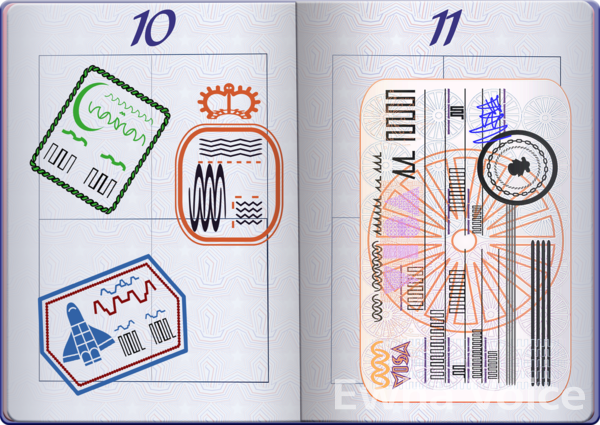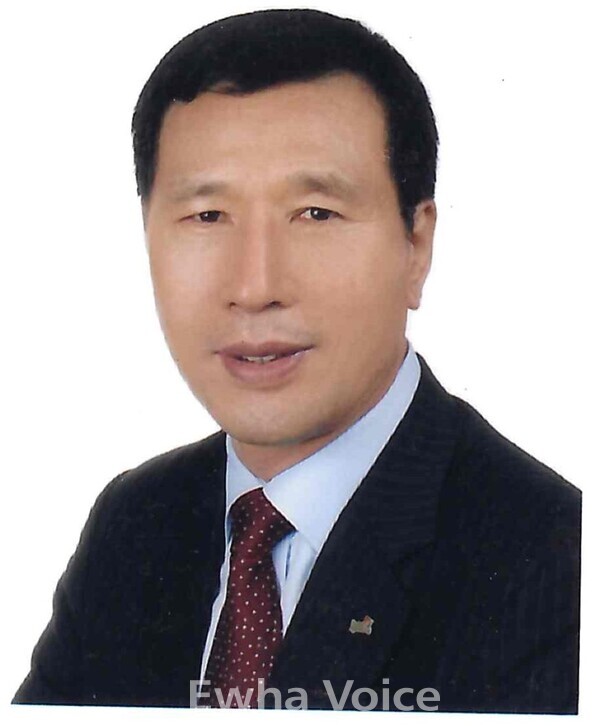The Korea Electronic Travel Authorization, better known as K-ETA, is an electronic travel authorization that visa-free foreign visitors need to obtain before coming to South Korea. Visitors from 112 countries and regions can apply for authorization on the official K-ETA website run by the Korean Ministry of Justice.
The application process is straightforward, as travelers can simply enter their passport information, make a payment of 10,000 won, and receive their results within 72 hours. Approval allows unlimited travel to Korea for three years from the date of authorization. When travelers’ K-ETA applications are denied, they are able to apply two more times; however, when rejected a third time, they must obtain a different type of visa to enter South Korea.
However, allegations have been made that South Korea is discriminating against visitors from Southeast Asia by exclusively rejecting their applications. Since last month, a number of influencers and social media users from Thailand have revealed that their applications were denied, leading to the creation of the hashtag แบนเที่ยวเกาหลี , meaning, “Do not visit South Korea.” On X, formerly known as Twitter, the hashtag was the most trending topic among Thai nationals on Oct. 27.
Nurul Huda from Malaysia applied for K-ETA three times in July 2022 for the purposes of traveling to Korea and attending K-pop concerts. Although the process was not complicated and the instructions were specific, she was disappointed when all three of her applications were denied.
Huda was not provided with any reasons for the denial of her applications, eventually having to apply for another visa. Left with worries, she had to cancel all the plans she had made since her Malaysian friend’s K-ETA application was also denied.

“I still wonder if I did something wrong during the application process,” she said. “I hope Southeast Asians can visit Korea with fewer restrictions in the near future.”
When asked to answer a few questions on the matter, Korea Immigration Service, an organization within the Ministry of Justice, refused on the grounds that related information, apart from what has already been disclosed through other previously conducted interviews, includes sensitive topics that can impact national security and diplomatic relations.
In a press release on Nov. 3, Korea Immigration Service addressed the issue and disclosed its stance. It explained that during the inspection process for electronic travel authorization, previous records of illegal stay and employment are examined as well as individuals’ purpose of entering the country. If travelers are unable to explain their purpose for entering South Korea or cause concern over possible activities that go against their initially stated purpose of entrance, they may be denied entry even after electronic travel authorization has been granted.
Korea Immigration Service also explained the gravity of the issue concerning illegal entry to South Korea. In 2018, the number of illegal foreigners in South Korea surged from the previous year’s 250,000 to 350,000. The number has continued to rise and is currently at over 400,000. In fact, 78 percent of Thai people currently staying in South Korea are undocumented.
“Establishing strict regulations on overseas entry into our country ensures our nation’s sovereignty and interests,” said Korea Immigration Service in its press release. “Taking action to prevent illegal aliens is our government’s inherent duty.”
Korea Immigration Service highlighted that the Ministry of Justice has been devoting significant effort to the matter, such as signing a memorandum of understanding with Thailand’s Ministry of Labour and requesting active efforts from the Embassy of Thailand to decrease the number of undocumented Thai citizens in South Korea, in order to help alleviate this problem.

Kim Yong Jin, chief executive officer of the travel agency Korea & Communication Hub, thinks K-ETA has become a new type of visa required to enter South Korea.
Emphasizing the fact that he does not represent every professional in the tourism industry, Kim argued that the Ministry of Justice should provide exact reasons for denial to help applicants accept their results. Because there were no requirements to enter South Korea before K-ETA was introduced, getting rejected can be even more irritating for the nationals from the 112 countries. He shared that now, K-ETA is functioning as a prerequisite to travel to South Korea.
Moreover, Kim does not think K-ETA is the best measure to reduce the number of illegal foreigners. From his point of view, it is better to investigate and root out the fundamental cause of illegal stay.
“For instance, compared to South Korea, a smaller number of illegal foreigners are reported in Japan because the Japanese government enforces stringent punishment to whoever hires them,” Kim said. “However, in South Korea, employers still hire illegal foreigners from Southeast Asian countries, which perpetuates the situation. To handle this issue effectively, more concrete laws should be set, and K-ETA is certainly not the correct solution.”

Kim pointed out that the first impression of a country starts to be formed even before landing at the airport, such as when applying for a visa. If a foreign visitor cannot enter South Korea for unknown reasons, it will only upset those who wish to visit the country, deterring the tourism industry from blooming. While initially starting with a handful of cases, the issue possesses the potential to escalate and detrimentally impact the relationship between countries, and could even lead to the degradation of South Korea’s reputation, at worst.
The government designated 2023 and 2024 as “Visit Korea Years,” and has been making some preparations to create a safer and more convenient traveling experience for foreigners. As a part of the strategy, visitors from 22 countries are temporarily exempted from the mandatory K-ETA application from April 1, 2023, to Dec. 31, 2024.
Since there are no measures taken so far to address the alleged discrimination against Southeast Asians and for the sake of fairness, it seems to be the best to expand the number of countries to be waived from the K-ETA obligation or take more actions for Southeast Asian visitors’ pleasant journey to South Korea.

